Fieldwork
This listing expired on May 11, 2023. Please contact h.willmott@sheffield.ac.uk for any updated information.
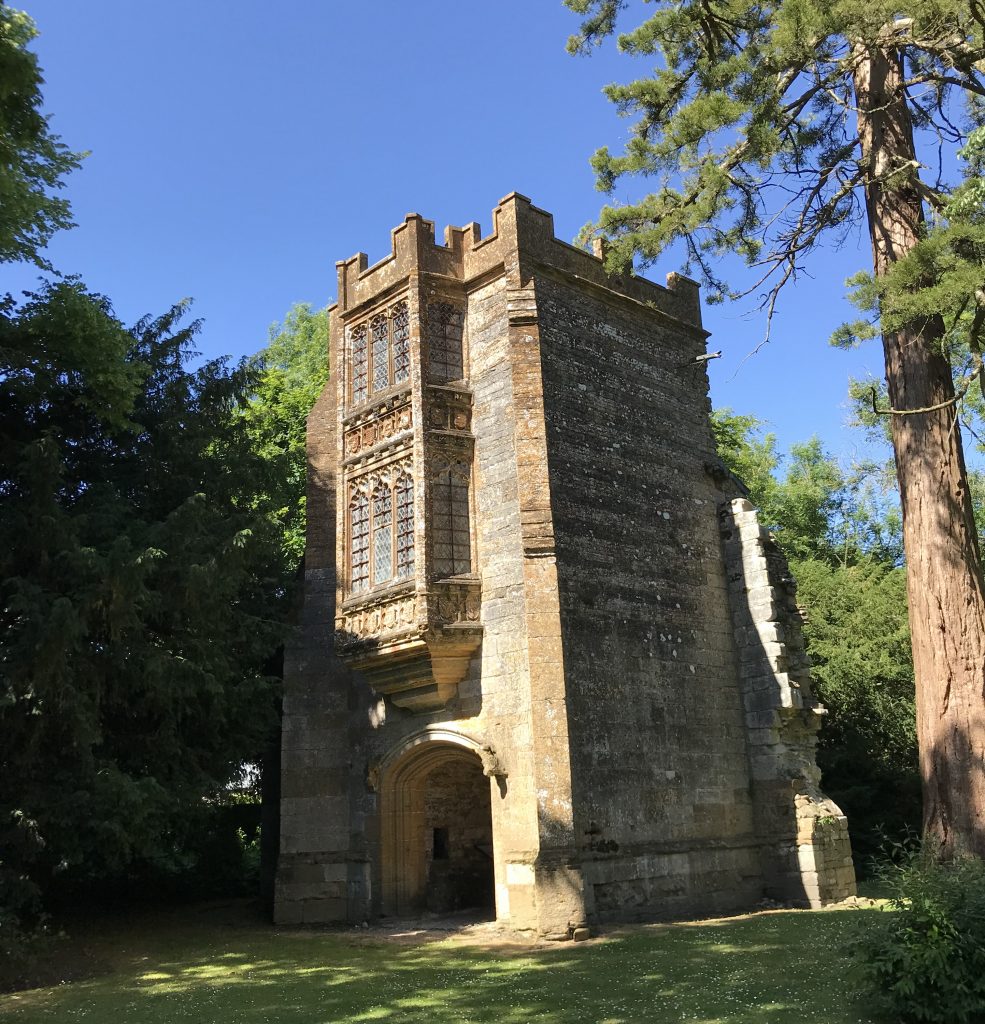
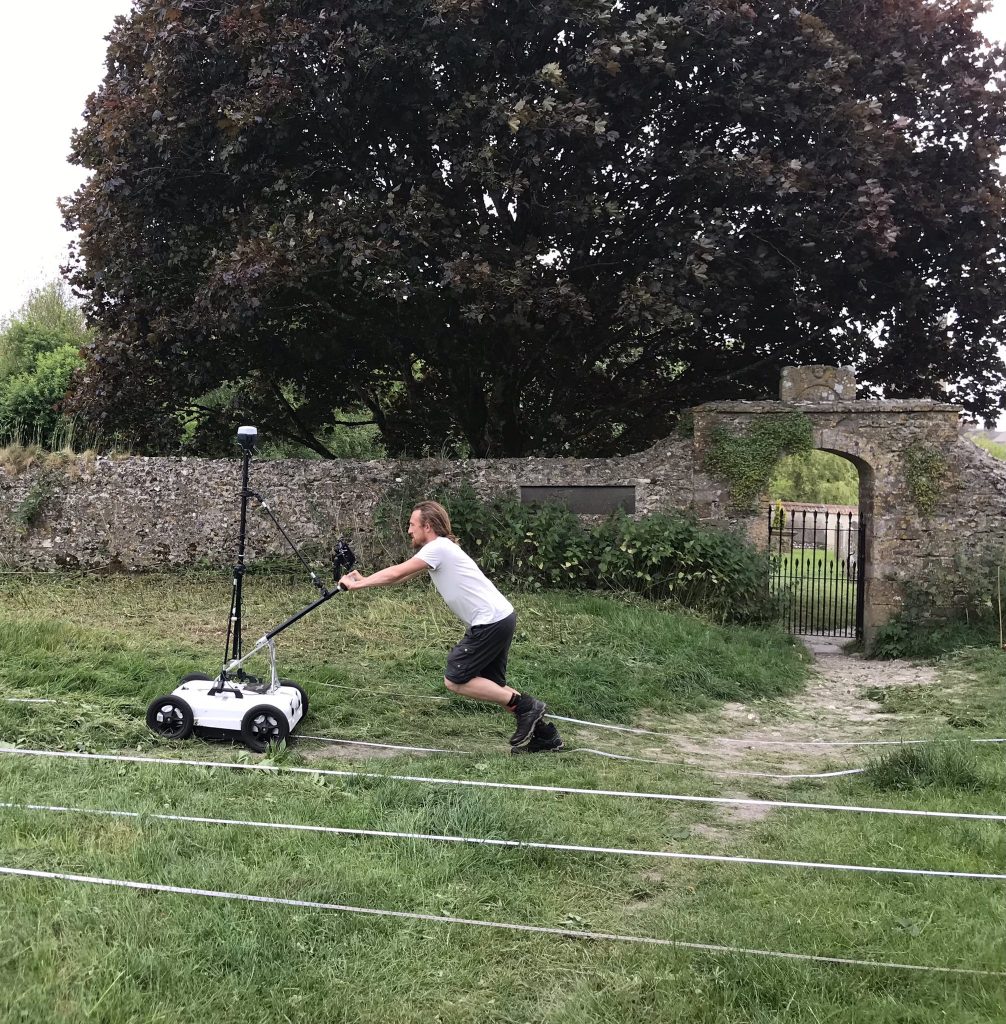
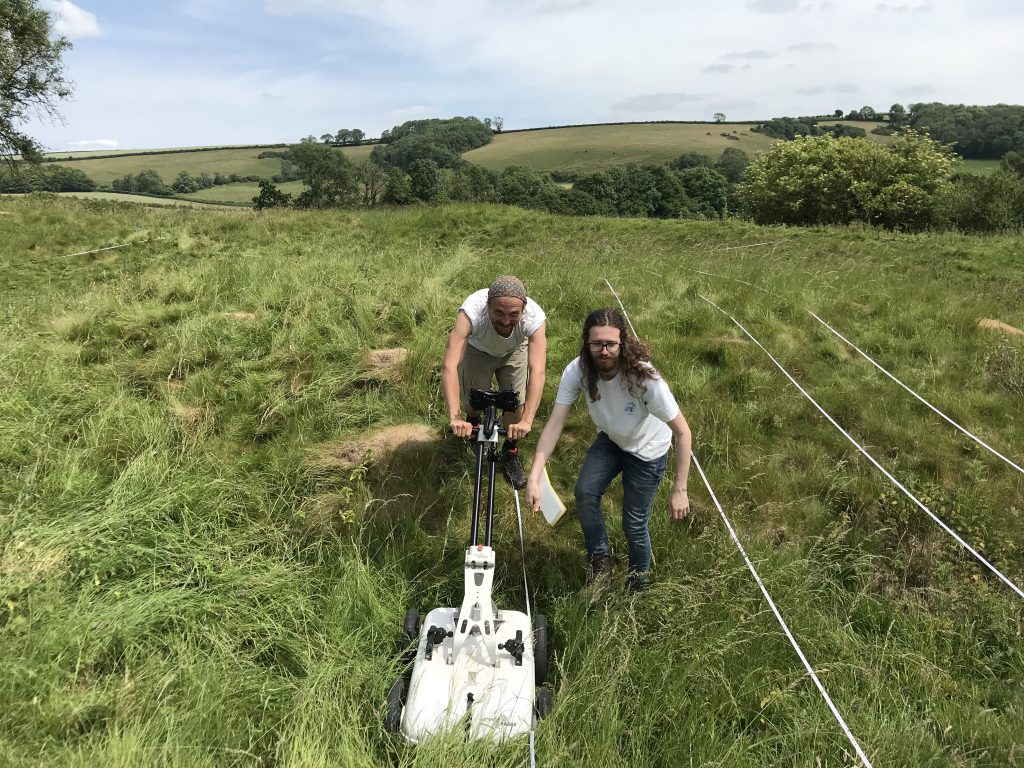
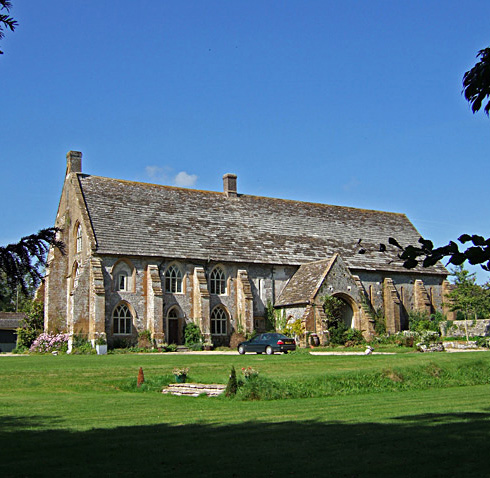
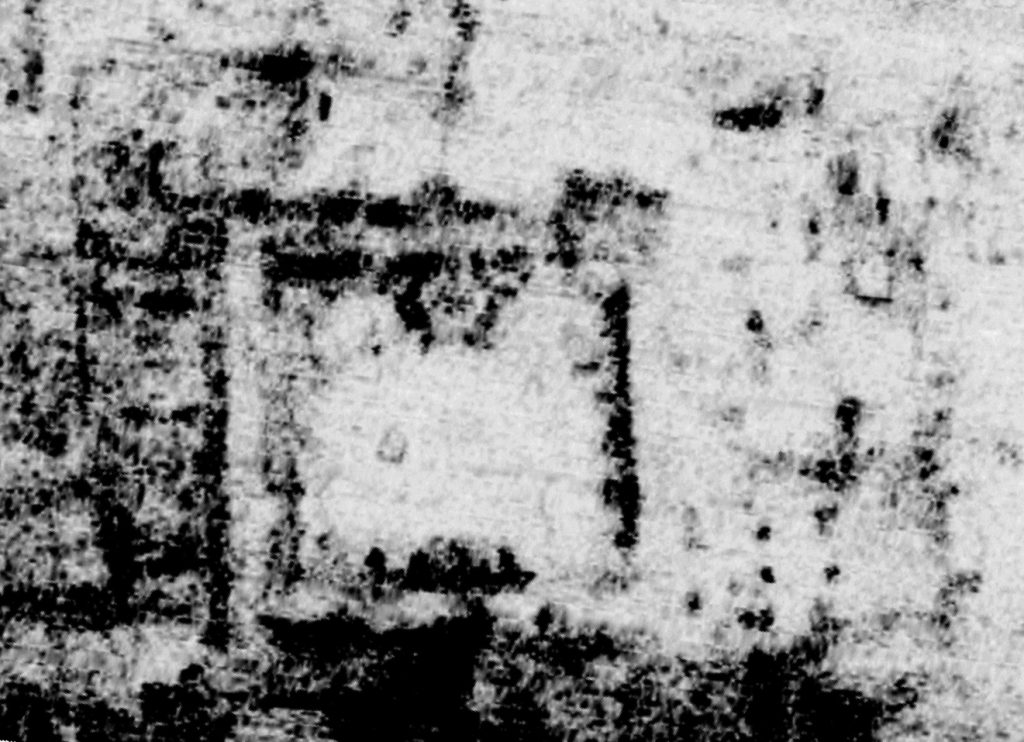
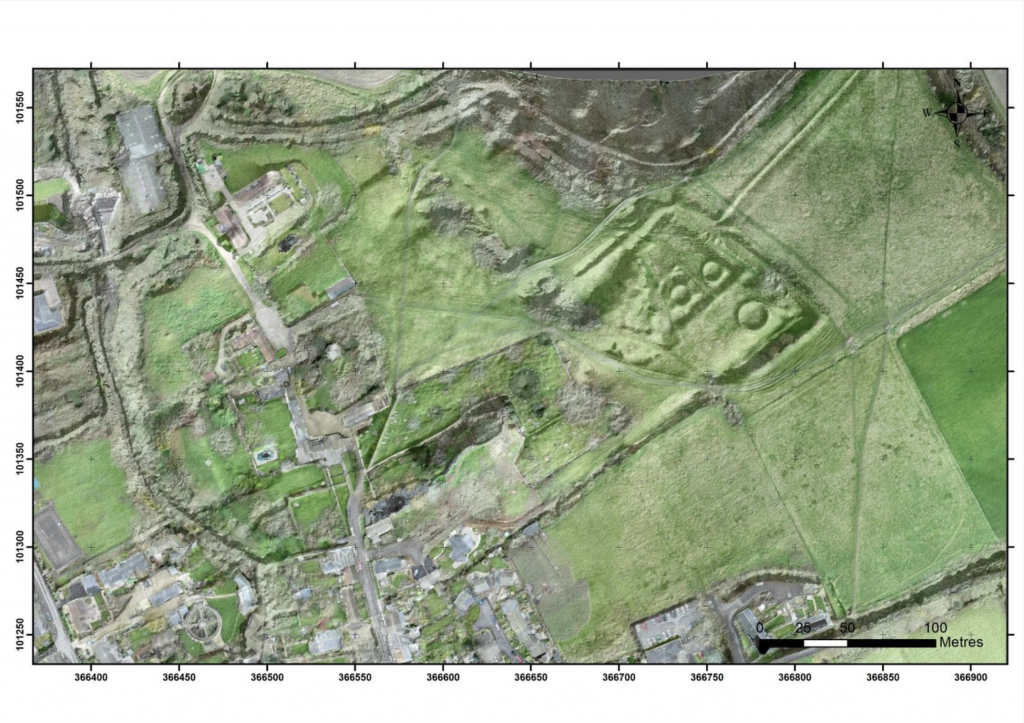

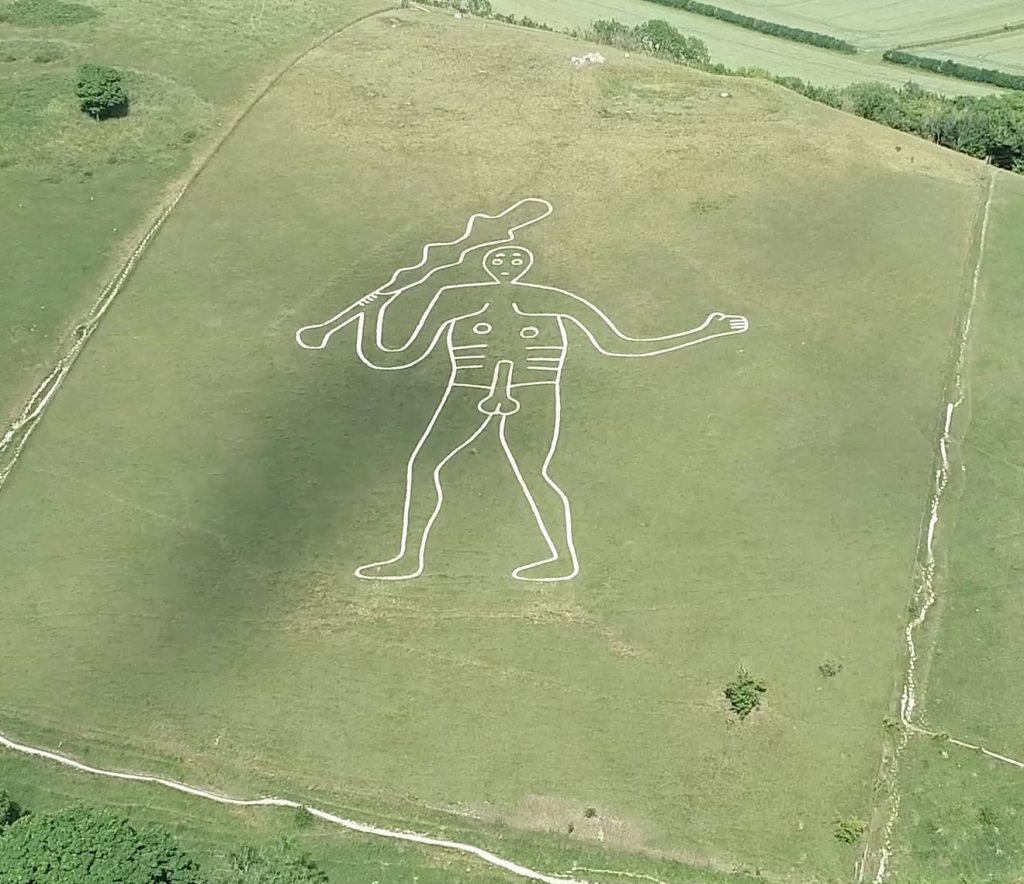
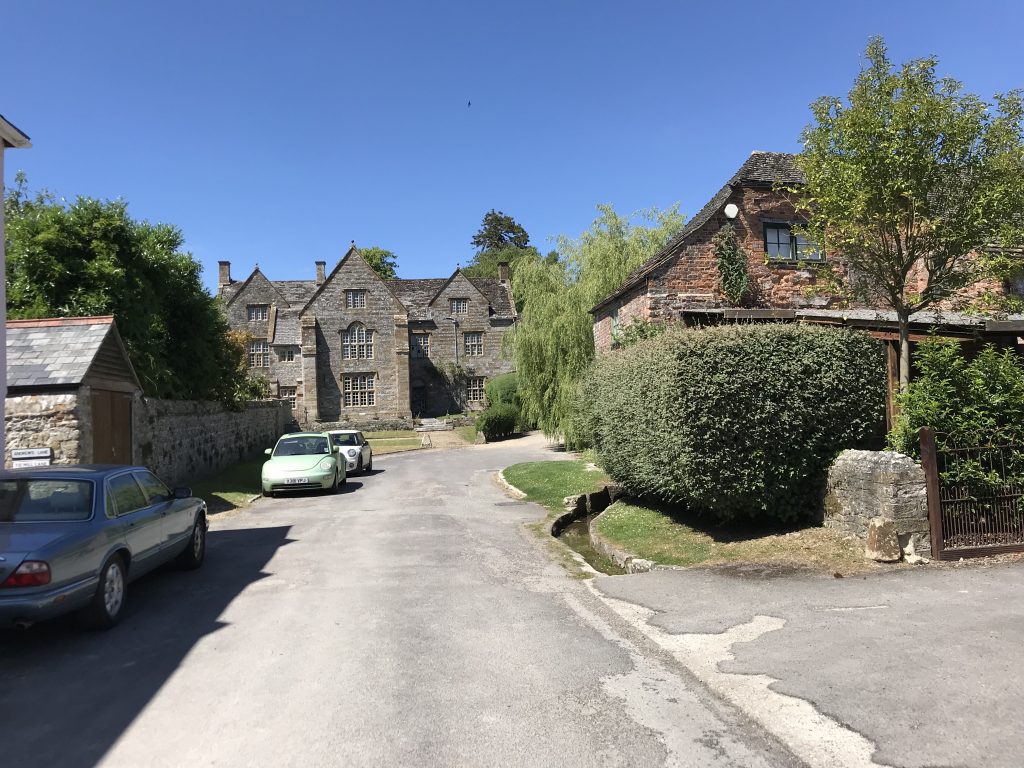
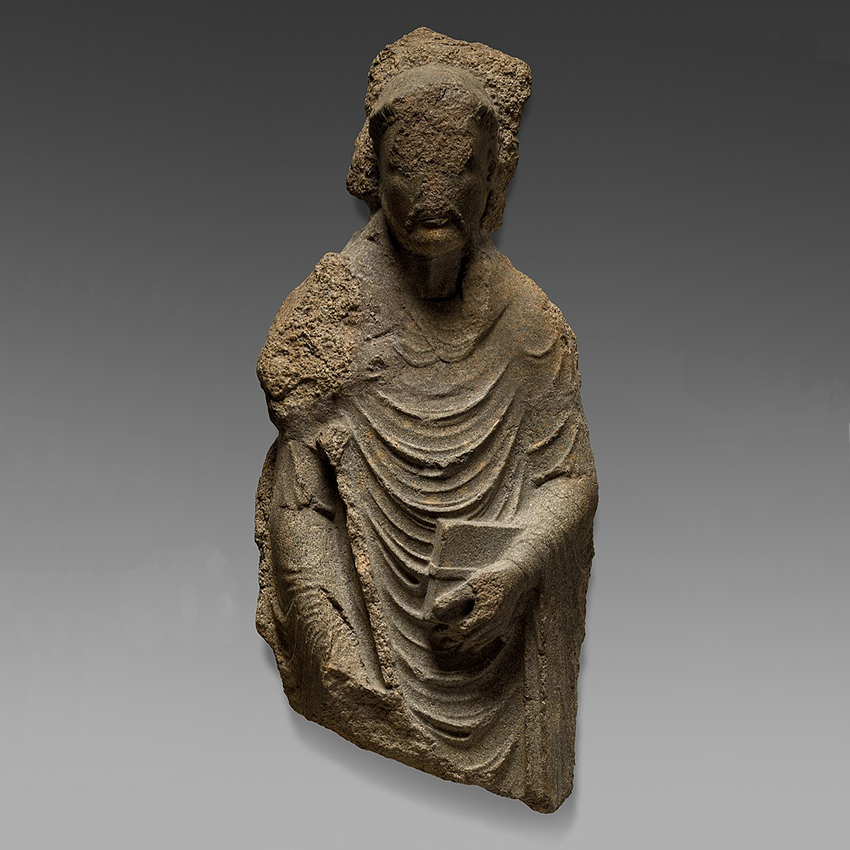
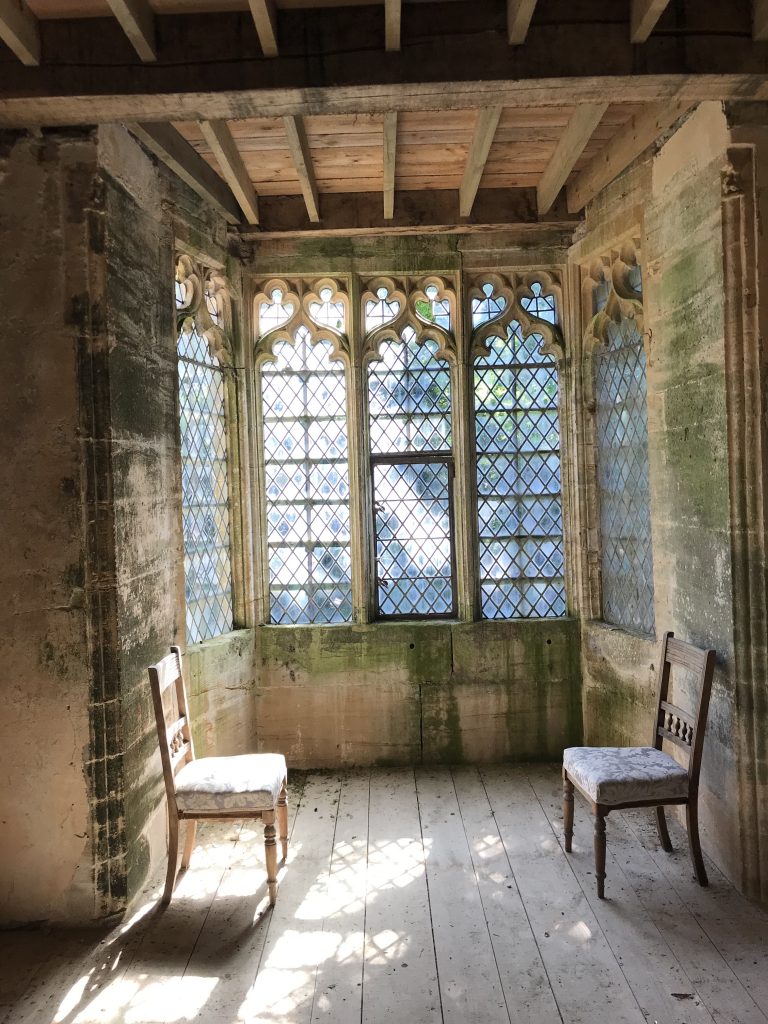
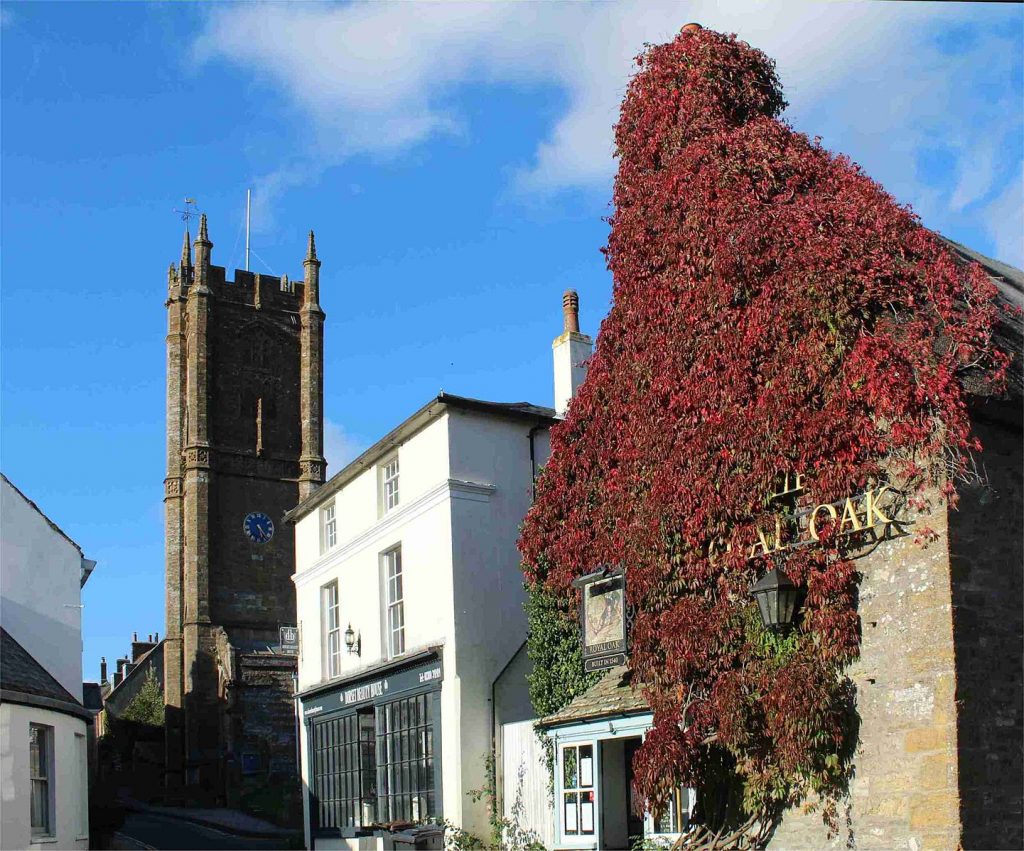
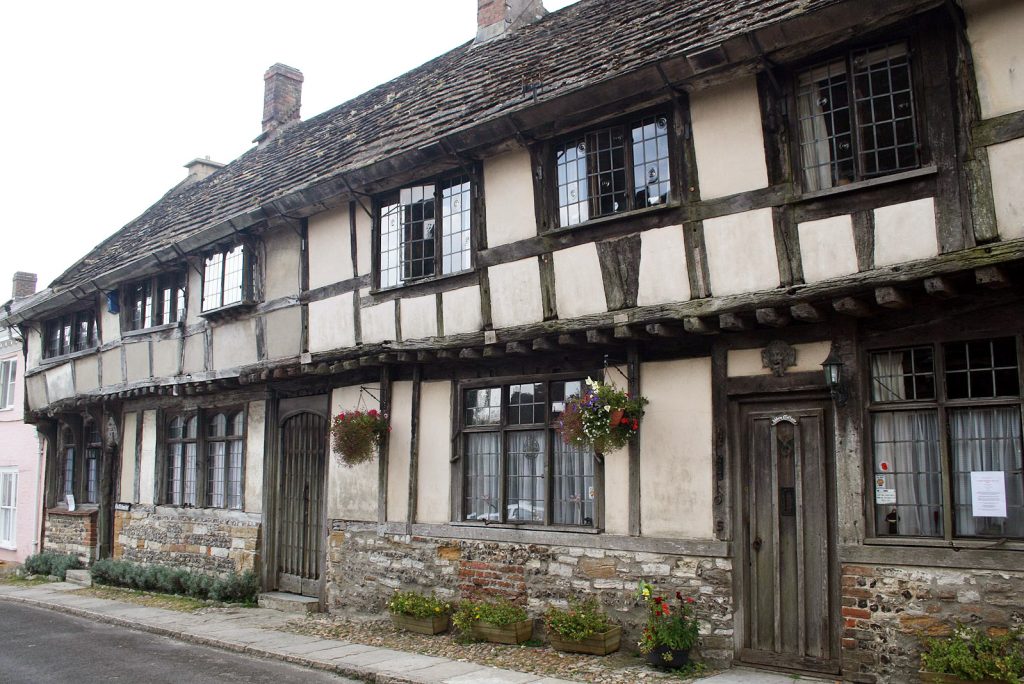
Location: Cerne Abbas, Dorchester, UK
Season: July 22, 2023 to August 13, 2023
Session Dates: Session 1: 22nd July-1st August 2023 Session 2: 3rd-13th August 2023
Application Deadline: May 15, 2023
Deadline Type: Rolling
Website: https://www.hugh-willmott.co.uk/cerne
Program Type:
Volunteer
RPA Certified:
No
Affiliation:
University of Sheffield
Project Director:
Dr Hugh Willmott FSA MCIfA
Project Description:
Founded in AD987 by Æthelmaer the Stout on the site of an earlier Christian community, Cerne Abbey grew to become one of the most important monasteries in the South West of England. Shortly after its closure during the Dissolution in 1539 the site was comprehensively demolished save for a gatehouse, and the precise location of its buildings lost until archaeological work started in 2022.
The abbey sits at the feet of the famous chalk-cut figure of a club-wielding giant that dominates the village of Cerne Abbas. Recent dating of the figure by the National Trust has shown that the giant was an Anglo-Saxon creation, and it seems directly connected to the earliest monks residing there.
Ground Penetrating Radar (GPR) survey undertaken by the University of Sheffield last year provided the first ever evidence for the medieval abbey, and potentially its Anglo-Saxon predecessor beneath. Not only did it reveal an amazingly clear plan of the cloistral ranges, the survey showed that the buildings remained surprisingly intact with walls up to four feet tall in places.
Excavation in 2023 will start to investigate these results, with a trench located over the southwest corner of the cloister, which includes the transept and north aisle of the monastic church. It is also anticipated that evidence for the earlier 10th-century monastery will be located beneath the later stone buildings.
Volunteers are welcome to join the excavation team in summer 2023. Two 11-day sessions are being offered (10 days digging with 1 day off in the middle) and each session costs £800 (approximately $965USD but do check at the time of booking). This fee includes supervision, instruction, camping and subsistence whilst on site and days off (see below).
Participants will be involved and trained in all aspects of the fieldwork, including;
We will also be undertaking further topographic survey (with a UAV) and GIS mapping, and whilst these activities by their nature do not allow mass participation, students with a particular interest in these areas will be able to observe and learn from the project team.
For further information and details of how to join us, please contact Dr Hugh Willmott h.willmott@sheffield.ac.uk
Period(s) of Occupation: Anglo-Saxon, Early Medieval, Early Christian, Late Medieval, Monastic
Notes:
Further reading
For an article on the recent dating of the Cerne Abbas Giant see;
https://the-past.com/feature/investigating-the-age-of-the-cerne-abbas-hill-figure/
The Cerne Historical Society has been very active in researching the local area and published a quarterly online magazine, which includes research on the lost abbey site;
https://cerneabbashistory.org/
A guide to the village of Cerne;
https://www.dorsetguide.com/cerne-abbas/
Project Size: 1-24 participants
Minimum Length of Stay for Volunteers: 1 session (11 days)
Minimum Age: 18
Experience Required: No prior experience is necessary. On site instruction and supervision will be given by dedicated professional staff at all times.
Room and Board Arrangements:
Accommodation (included in the fee) takes the form of camping in the grounds of the 18th-century village vicarage, just 10 minutes walk from the excavation site. Tents and air beds are provided. Volunteers will have access to basic campsite facilities (shower and restrooms, cooking area and communal mess tents). All meals are also included in the fee and the medieval village of Cerne Abbas has a well-stocked local shop, three historic pubs, a tearoom and a micro-brewery. The cost, as well as being inclusive of camping accommodation, also includes transport to and from the nearest train station at Dorchester (South) which is served by regular and direct trains from London Waterloo.
Academic Credit:
Unfortunately no academic credit is available.
Dr Hugh Willmott
Department of Archaeology, University of Sheffield, Regent Street
Sheffield
South Yorkshire
S1 3NJ
United Kingdom
The AIA is North America's largest and oldest nonprofit organization dedicated to archaeology. The Institute advances awareness, education, fieldwork, preservation, publication, and research of archaeological sites and cultural heritage throughout the world. Your contribution makes a difference.
Notifications